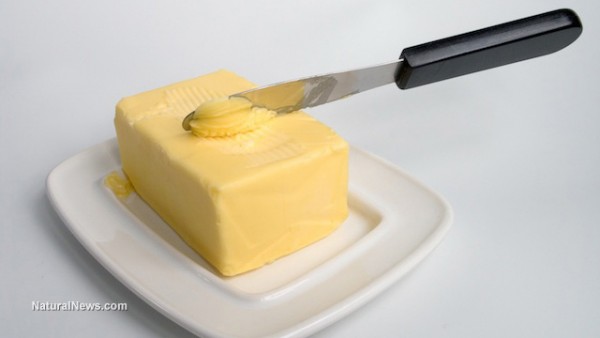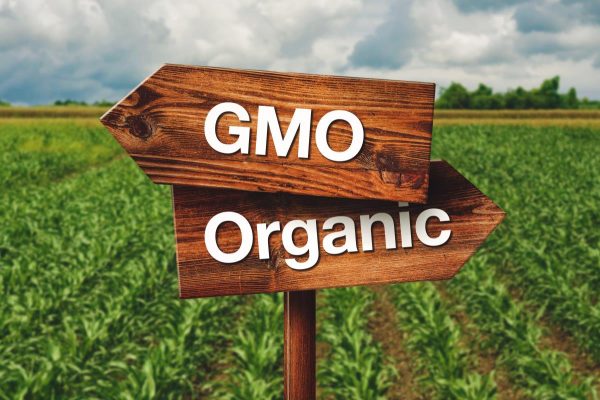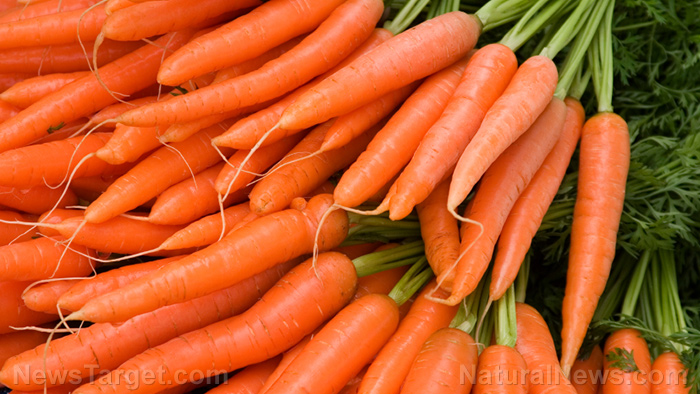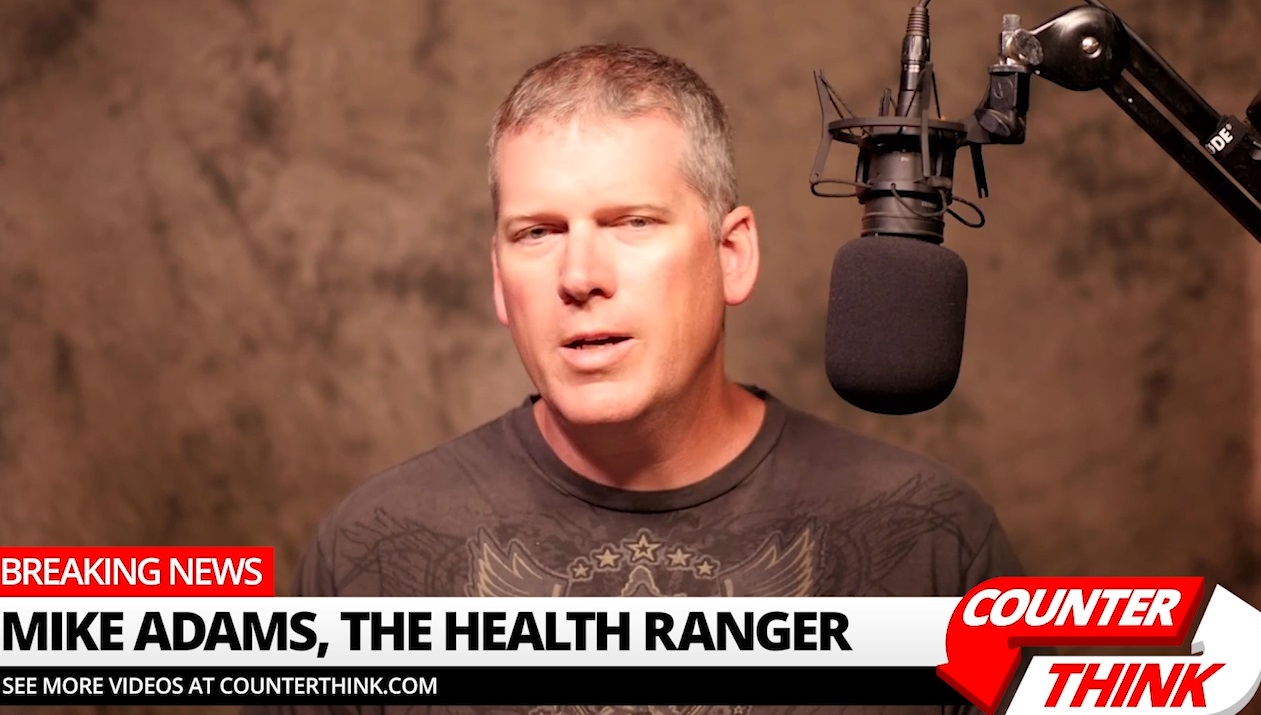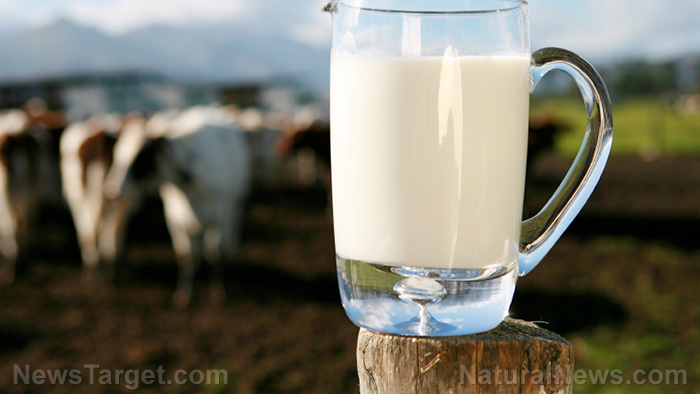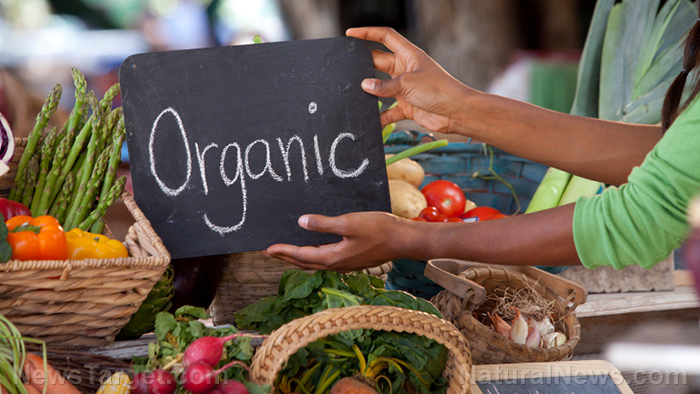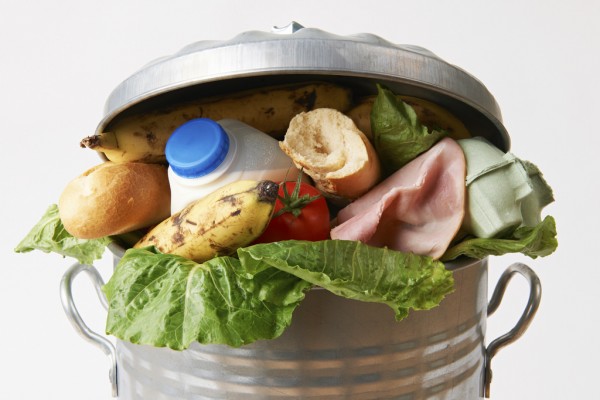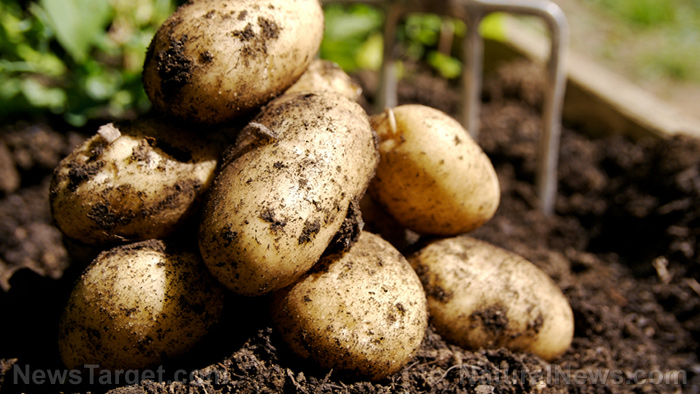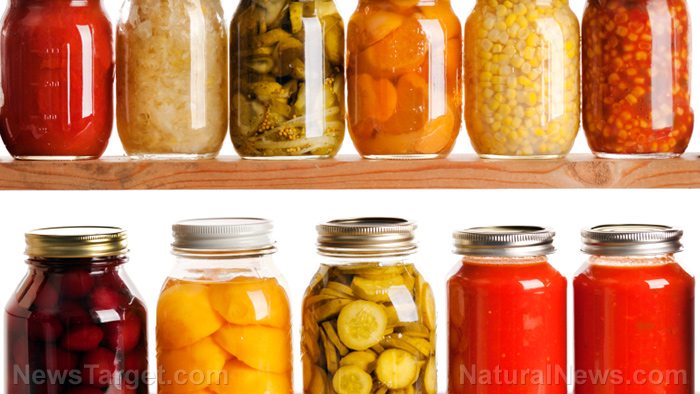There seems to be no issue too petty for the government to persecute people over, and butter is apparently no exception. In the dairy state of Wisconsin, the popular Kerrygold brand of grass-fed Irish butter recently had to be pulled from every grocery store shelf within its borders — not because of any safety issues, but because of an archaic rule from 1970 that gives the domestic dairy industry an unfair advantage over foreign competitors.
The rule states that, in order for a given brand of butter to be sold in Wisconsin, it must first go through a careful evaluation by a panel of “experts” that decides whether or not it meets 32 “quality points,” which must align with official state standards for butter production. If a butter brand does not receive the green light, it is basically prohibited from being sold under threat of civil punishment.
This strange law gradually faded into obscurity as Wisconsin quickly rose to become a dairy leader. But now that more and more people are choosing exotic butter brands from grass-fed sources, Kerrygold being among the most popular, overzealous bureaucrats have taken to the offensive to stifle competition and keep people buying butter from American sources, and especially from Wisconsin.
Because many more people today ascribe to “paleo,” ketogenic, and other similar dietary protocols that involve eating high amounts of healthy fats, butter has grown in popularity by leaps and bounds. One popular trend that’s picked up in recent years involves adding coconut oil and grass-fed butter to one’s morning coffee, for instance, a healthy pick-me-up beverage known as “Bulletproof” coffee that’s been iconized by the Bulletproof Exec company.
Since a Bulletproof coffee specifically requires grass-fed butter, foreign sources like Kerrygold have really taken off. This is primarily due to the fact that many domestic brands of butter aren’t grass-fed, and thus don’t provide the same health benefits. And rather than simply produce more grass-fed butter domestically to meet growing demand for this “superfood,” Wisconsin regulators are instead trying to “crack down” on the competition by prohibiting its sale.
“Since Kerrygold is based in Ireland, its products do not go through the same regulatory processes as American products,” writes Brittany Hunter for Natural Blaze. “Without an official American-issued quality grade, the nanny state of Wisconsin is refusing to allow this butter to be sold on its grocery store shelves, despite overwhelming consumer demand.”
Bootlegging imported butter to avoid prosecution? That’s Wisconsin
Naturally, many people in Wisconsin are outraged over this obstruction of personal freedom. There’s absolutely nothing wrong with Kerrygold butter, after all, and it is, in fact, one of the better brands to choose from when it comes to getting clean butter from pastured animals. Wisconsin’s regulatory officials know this, but they would rather go after Kerrygold than do the right thing because doing the right thing would force Wisconsin’s butter producers to up their game and improve quality.
So for the time being, Wisconsin residents like Jean Smith, who makes her own Bulletproof coffee and tea, will be forced to drive across the border to states like Illinois and Michigan to get Kerrygold grass-fed butter. She certainly isn’t going to find any more of it in Wisconsin, especially now that those caught selling it could face a fine of up to $1,000 or up to six months of jail time.
“I just think it’s a little goofy that this exists and I can get it in any other state that I travel in and I’m hauling Kerrygold back in my suitcase and my coolers,” Smith told reporters. “I feel suspicious. Who are you really trying to protect here? Are you protecting the consumers, or are you protecting Wisconsin dairies?”
Sources:
NaturalBlaze.com
TwinCities.com

